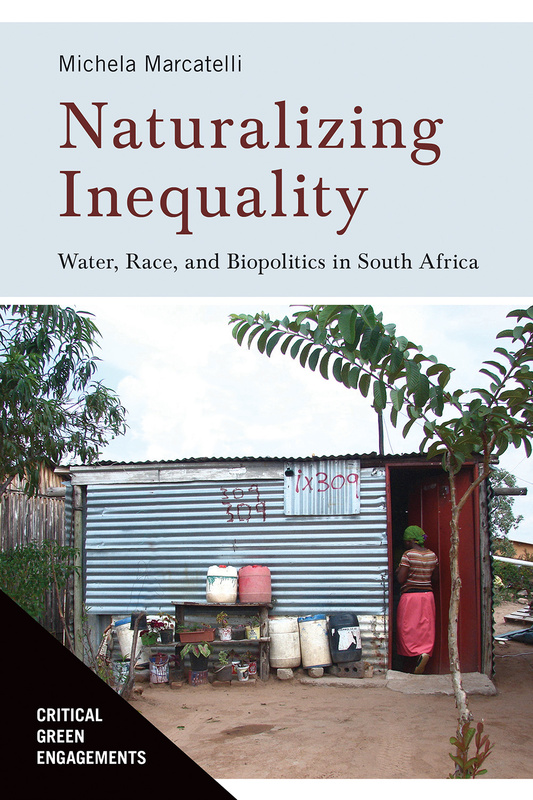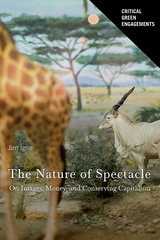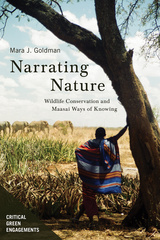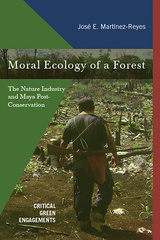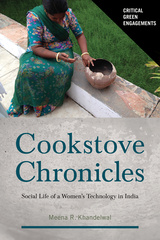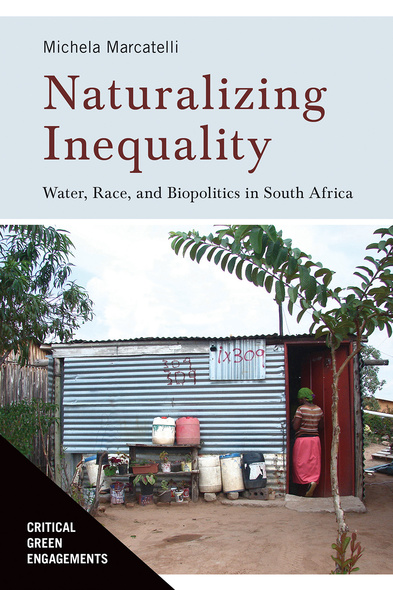
192 pages, 6 x 9
7 b&w illustrations, 6 maps, 3 tables
Hardcover
Release Date:05 Oct 2021
ISBN:9780816539505
Naturalizing Inequality
Water, Race, and Biopolitics in South Africa
The University of Arizona Press
More than twenty-five years after the end of apartheid, water access remains a striking reminder of racial inequality in South Africa. This book compellingly argues that in the post-apartheid period inequality has not only been continuously reproduced but also legitimized.
Michela Marcatelli unravels this inequality paradox through an ethnography of water in a rural region of the country. The Waterberg Plateau is a space where agriculture, conservation, and extraction coexist and intersect. Marcatelli examines the connections between neoliberalism, race, and the environment by showing that racialized property relations around water and land are still recognized and protected by the post-apartheid state to sustain green growth. She argues that the government depicts growth as the best, if not only, solution to inequality. While white landowners maintain access to water, however, black ex-farmworkers are dispossessed once again of this essential-to-life resource.
If the promise of growth serves to normalize inequality, the call to save nature has the effect of naturalizing it even further.
Michela Marcatelli unravels this inequality paradox through an ethnography of water in a rural region of the country. The Waterberg Plateau is a space where agriculture, conservation, and extraction coexist and intersect. Marcatelli examines the connections between neoliberalism, race, and the environment by showing that racialized property relations around water and land are still recognized and protected by the post-apartheid state to sustain green growth. She argues that the government depicts growth as the best, if not only, solution to inequality. While white landowners maintain access to water, however, black ex-farmworkers are dispossessed once again of this essential-to-life resource.
If the promise of growth serves to normalize inequality, the call to save nature has the effect of naturalizing it even further.
This book takes us past generalizations about inequality to delve into the complex realities of the Waterberg. While South Africa is lauded for increasing water access, Marcatelli shows how the government’s prioritization of economic growth means that the apartheid history of unequal access to water is not only perpetuated but legitimated.’—Mary Galvin, University of Johannesburg
Michela Marcatelli is a postdoctoral research fellow in the Research Chair in the Sociology of Land, Environment and Sustainable Development at Stellenbosch University. Her research focuses on the intersection of inequality and access to natural resources.

